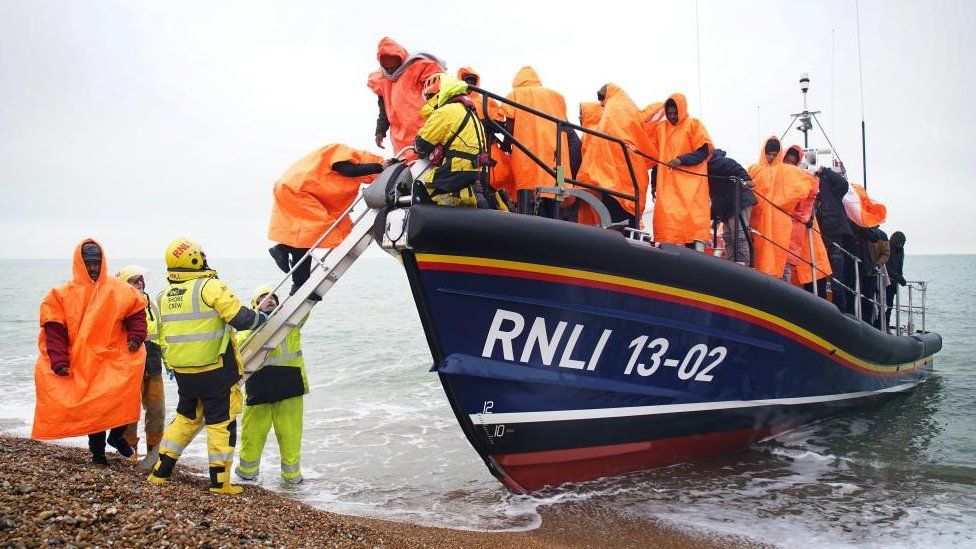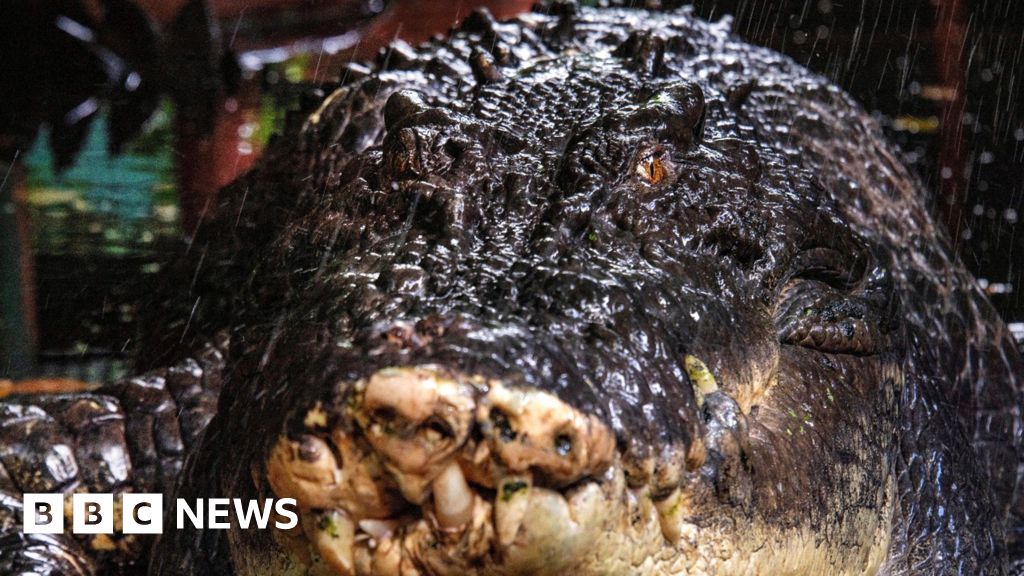ARTICLE AD BOX
 Image source, PA Media
Image source, PA Media
The Court of Appeal has ruled the UK government's plan to send asylum seekers to Rwanda is unlawful.
Rwanda had not provided sufficient safeguards to prove it is a "safe third country", senior judges ruled in a split decision.
It is likely ministers will challenge the ruling in the Supreme Court and insist the policy will deter small boat crossings.
Rwanda's government said it is a safe place for people to be sent.
Ten people from countries including Syria, Iraq and Albania, who arrived in the UK in small boats, as well as the charity Asylum Aid, who argued the policy was unlawful.
The decision on whether Rwanda could be deemed a safe third country for asylum seekers to have their claims processed is partly based on whether there is a risk that people could be forced back to the country from where they were originally fleeing.
The High Court had backed the government's policy at an earlier hearing but that decision was scrutinised by Appeal Court judges Lord Chief Justice Lord Burnett, Sir Geoffrey Vos and Lord Justice Underhill in this latest stage of the process.
While Lord Burnett sided with the UK government, the others concluded that the assurances from the Rwandan government were not "sufficient to ensure that there is no real risk that asylum seekers relocated under the Rwanda policy will be wrongly returned to countries where they face persecution or other inhumane treatment".
They said that sending asylum seekers to Rwanda will be unlawful "unless and until the deficiencies in [the government's] asylum processes are corrected".
The judges stressed their decision "implies no view whatever about the political merits or otherwise of the Rwanda policy" and said that they were unanimous that the Rwandan government's assurances had been made "in good faith".
The Rwandan government insisted it was "one of the safest countries in the world" and had been recognised for its "exemplary treatment of refugees".
The plan to send people who arrive in the UK illegally to Rwanda was first unveiled in April 2022 as the government said it was aiming to deter people from crossing the English Channel in small boats.
But minutes before the first deportation flight was due to take off two months later, it was halted after a legal challenge was granted.
In December, the High Court decided that the plan did not breach the UN's Refugee Convention - which sets out the human rights of anyone seeking asylum - and ruled that it was legal.
But the following month it was decided that some of the parties in that case should be allowed to appeal against elements of that decision - and have the case heard by the Court of Appeal.

 1 year ago
95
1 year ago
95








 English (US)
English (US)